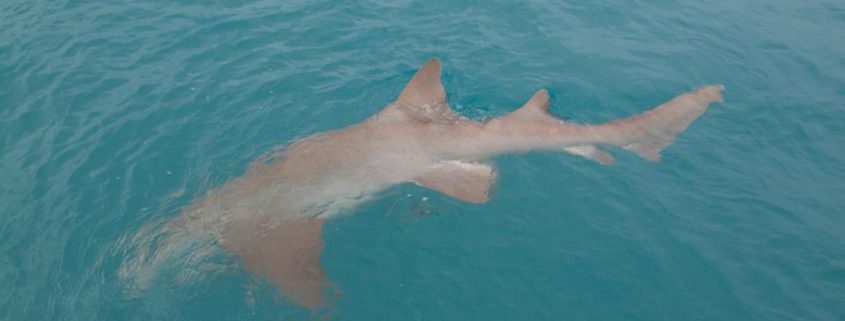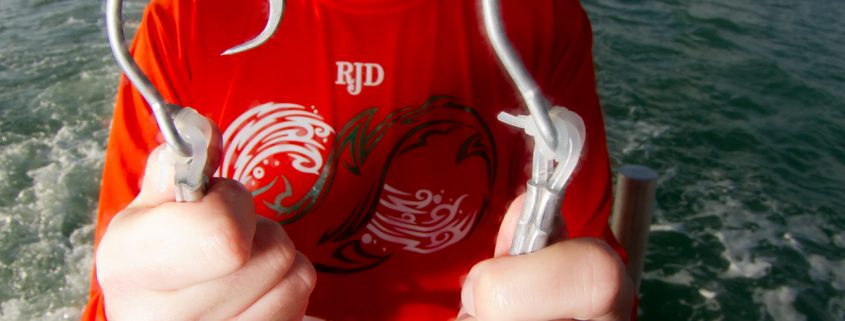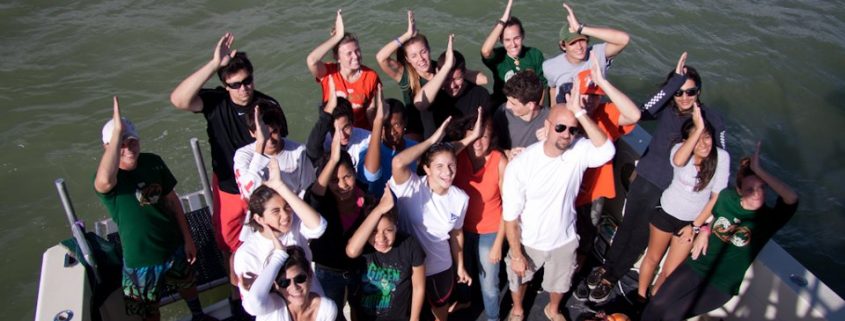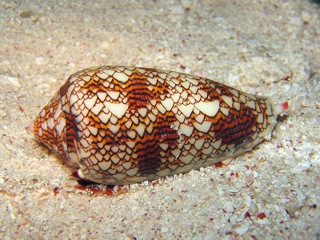Shark tagging with Gulliver Schools
by Stacy Assael, RJD Intern Today the RJD team welcomed our first shark of 2013, a large male nurse shark! Upon leaving for today’s trip we were not sure if we would even catch anything. Although Captain Curt always delivers, everyone was a little apprehensive about his decision to fish at a brand new site rather […]
Ocean Acidification and Your Dinner: Impacts of Marine Seafood
By Emily Rose Nelson RJD Intern Ocean acidification is a term commonly used in the world of marine science. This process can most easily be described as the lowering of oceanic pH due to increased atmospheric carbon dioxide concentrations. However, there is much more to this complicated process, which could mean great changes for the […]
The effects of human population density on coral reef fish
By Brittany Bartlett, RJD Intern Coral reef fisheries are extremely important to the livelihoods of millions of people. Unfortunately, habitat degradation and unsustainable fishing practices have resulted in a decline in these fisheries. Therefore, a recently published article by T.D Brewer et al. entitled “Effects of Human Population Density and Proximity to Markets on Coral […]
Shark tagging with Aimia
1/9/13 By Daniela Escontrela, RJD Intern It was the first trip of the semester and everything couldn’t have been more perfect. Not only did we not have to make the tedious drive all the way down to Islamorada, but the trip departed at 1pm. I couldn’t be more excited as my last trip had been about a […]
The Top 10 RJD Science and Outreach Accomplishments of 2012
2012 was a great year for the RJ Dunlap Marine Conservation Program. As it comes to a close, we wanted to share our top 10 science and outreach accomplishments from the past year with you. 10) In December, the RJ Dunlap Marine Conservation Progam’s Facebook Fan Page passed 1,500 fans! Have you become a fan […]
Drugs from the deep: Ocean bioprospecting
By Emily Rose Nelson, RJD Intern Oceans cover over 70% of the earth’s surface. Some of the greatest biological diversity in the world is found in the seas. Over 200,000 species of invertebrates and algae have been identified, and this number is estimated to be only a small fraction of what is yet to be […]






